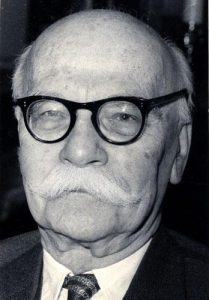During the war of 1914-1918, the “Sacred Union” brought together all Protestant families: Germany was considered guilty and the war had to be short. But the massacre provides a cruel denial, calls into question certain certainties and leads Protestants to question the role of man and God.
Between the wars, Protestantism divided politically. On the other hand, the creation of the Reformed Church of France in 1938 strengthened unity.
During the Second World War, at the time of the defeat in June 1940, the attitude of Protestants was that of the majority of French people: to trust Marshal Pétain. But the break with the Vichy regime came early, triggered by the persecution of the Jews. There are many Protestants in the internal resistance networks, as well as outside France with General de Gaulle.
Founded at the start of the war to help displaced people, Cimade later developed its action with refugees around the world and devoted itself to defending their rights.
In 1941, Pomeyrol’s theses, coming from a small group of French Protestants, were one of the first acts of spiritual resistance to Nazism and opposition to the persecution of the Jews.
In 1942, after the “Vel d’Hiv” roundups, Pastor Boegner, on behalf of the national council of the ERF, wrote to pastors asking them to read from the pulpit an appeal in favor of the Jews. Subsequently, many Protestants helped Jews escape arrest.
During the second part of the twentieth century, the traditional progressive and liberal positioning of Protestants tended to fade as society underwent profound transformations. The specificity of Protestantism is especially marked by its positions in favor of the modernization of society.
-
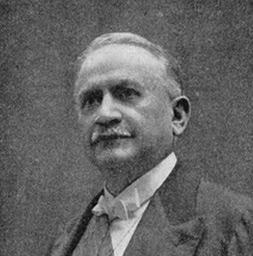
The First World War
-
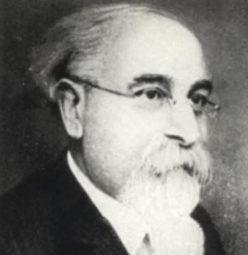
Between the Wars
-
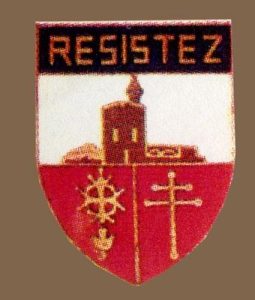
The Protestants
during World War II -

The Protestants
and the Vichy regime -

The Cimade
-

The Pomeyrol Theses
-
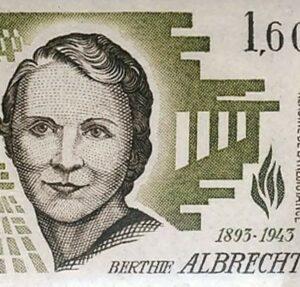
The Resistance
and the Liberation -
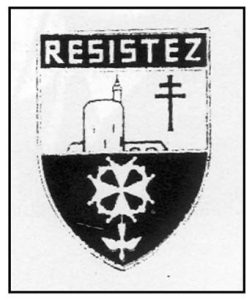
Protestants outside France
-

The Protestants
and the persecution of the Jews -
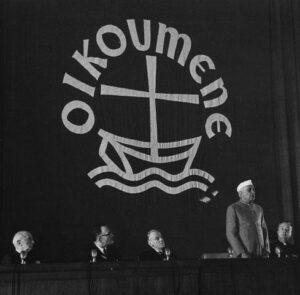
The Protestants during the second half of the 20th century
-
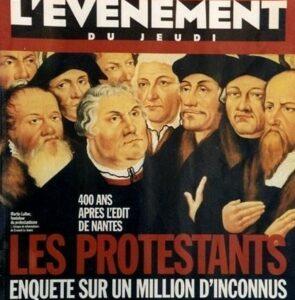
The protestantisation
of France ?

